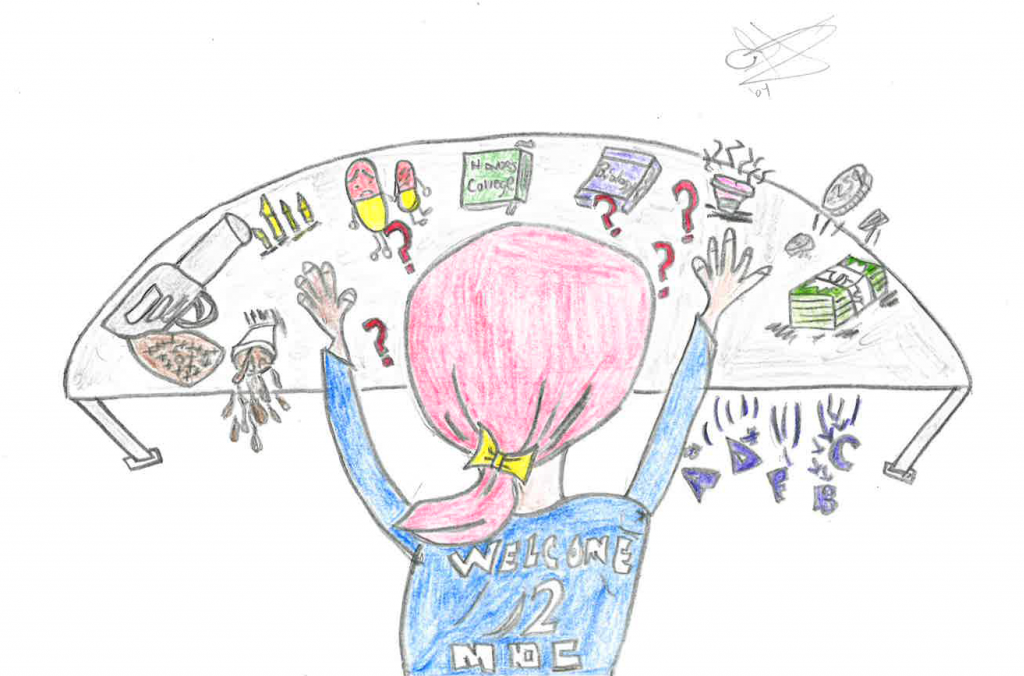The Pressure Stemming From College
It was late in the evening as I tried to rest. I knew I should get up and do the tasks I was supposed to do, but something stopped me. A deep cloak of sadness, heavy as cement. A complete despondency that kept me imprisoned. And what made this worse was knowing that I am a college student and that my assignments still needed to be done.
It has been a year since I wrote my very first column titled “Bringing Awareness to Mental Illness” for The Reporter. A few people remarked how impressed they were by the article and how brave it was of me to be so open about living with a mental illness.
But now, I want to shift my focus to how someone who lives with a mental illness functions in college.
College can be fun and exciting at times. However, it also comes with its challenges, especially if one is strapped for cash. According to an article on TIME magazine’s website, a survey found “one in five students surveyed owed more than $30,000 in student debt.” That number increased by the time they graduated.
Finances aside, there are other stressors that can cause major anxiety to college students, most notably, keeping up with classes. Stressing about grades is almost like a full-time job.
But nothing can be a bigger challenge than dealing with a mental illness, such as depression, anxiety, bipolar disorder, among other disorders. Some students might reach the breaking point where they feel that there is no hope. And that can lead to tragic consequences.
A New York Times article reported that six students committed suicide at the University of Pennsylvania in a 13-month stretch, which became known as a suicide cluster. Other universities, like Tulane and Cornell, have experienced similar trends.
Personally, I have been facing this kind of pressure since I was young. Not only were my moods offering an unpleasant distraction, but math was proving to be a monumental challenge. For years, I would beat myself up for not even understanding long division, to the point of tears.
Years later, I reached a breakthrough with both my mental illness and being diagnosed with a learning disorder. I felt relief that I could exonerate myself for my lack of understanding.
In the end, I still struggle. However, I have reached out for help, I have not remained silent. I am grateful for the ACCESS department at Wolfson campus, which has offered the support system that I was desperate for. For students, asking for help shouldn’t have to be a sign a weakness, but a sign of strength.




